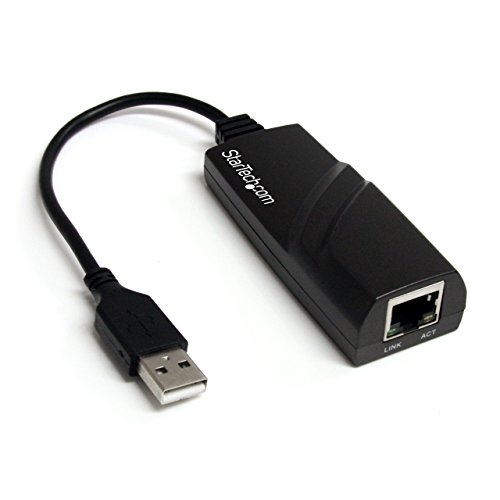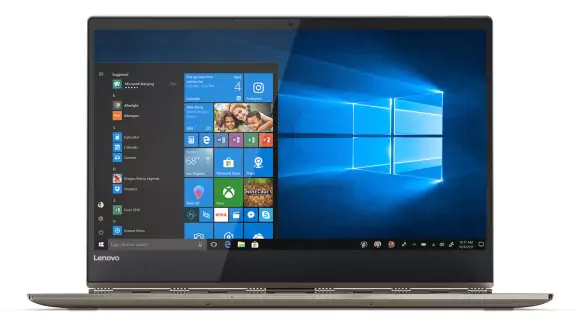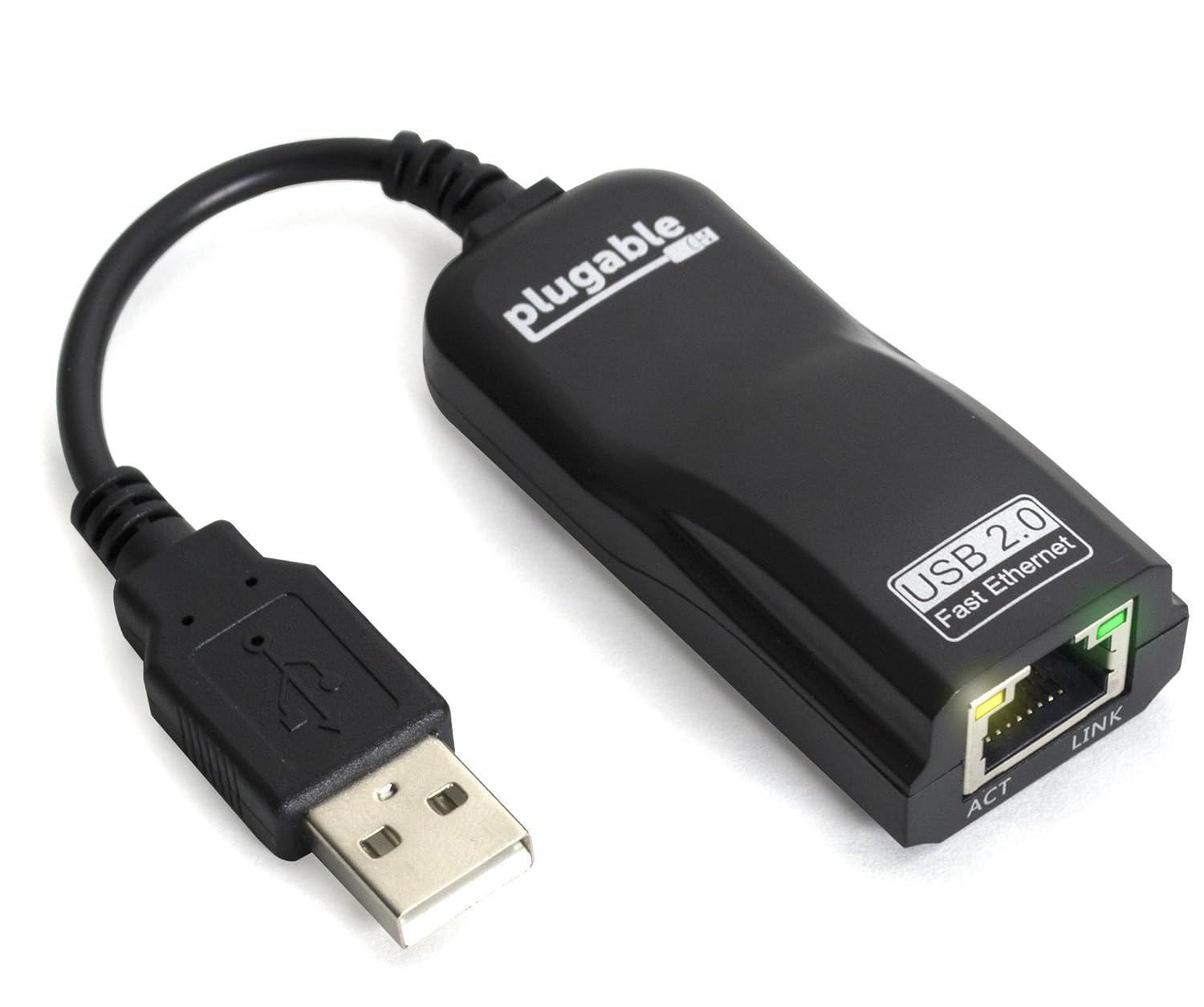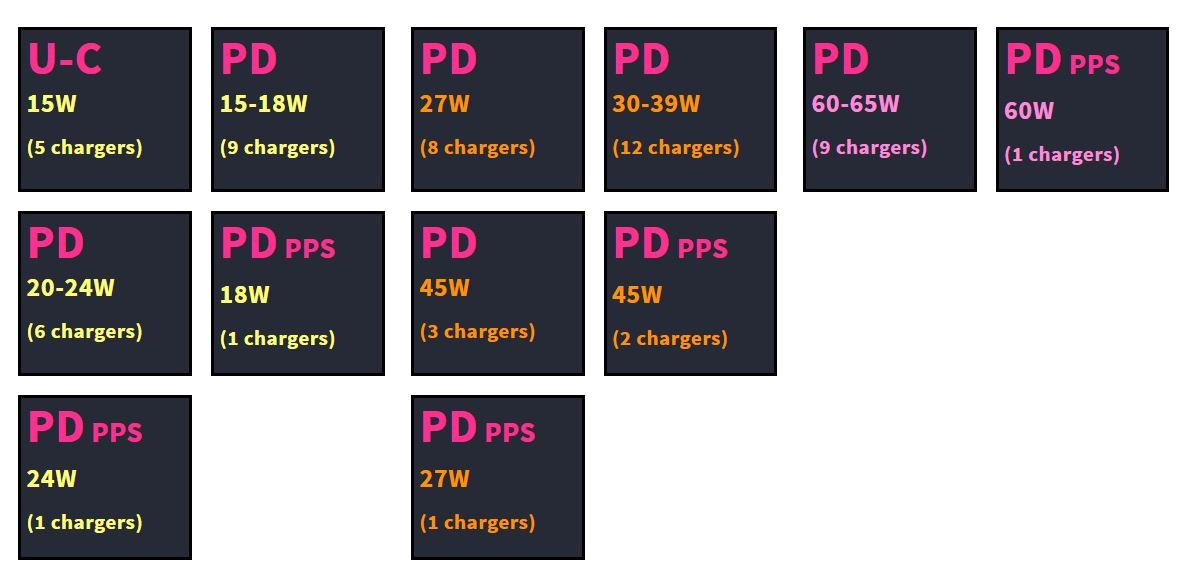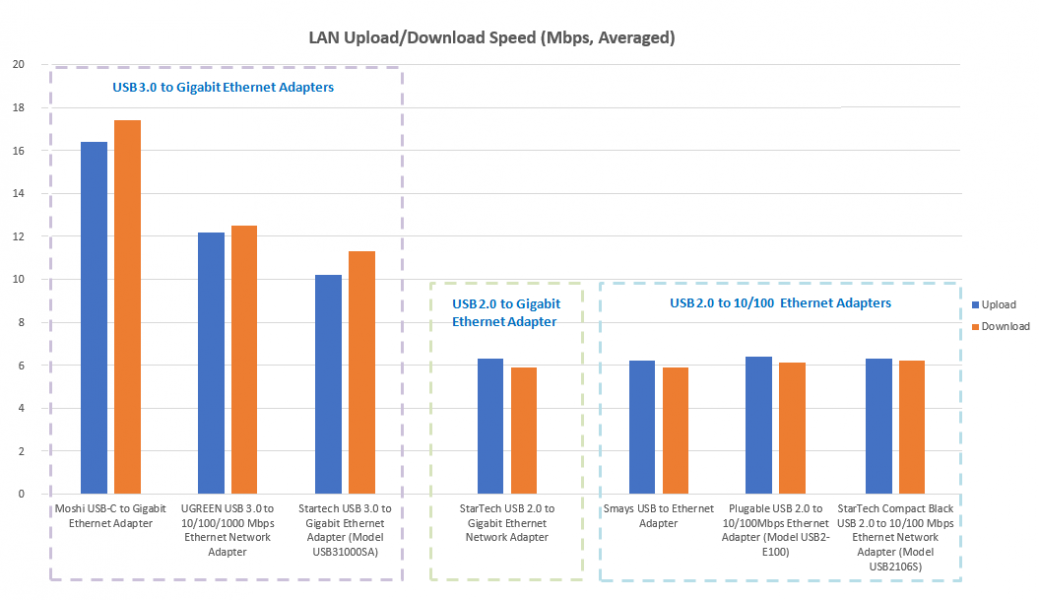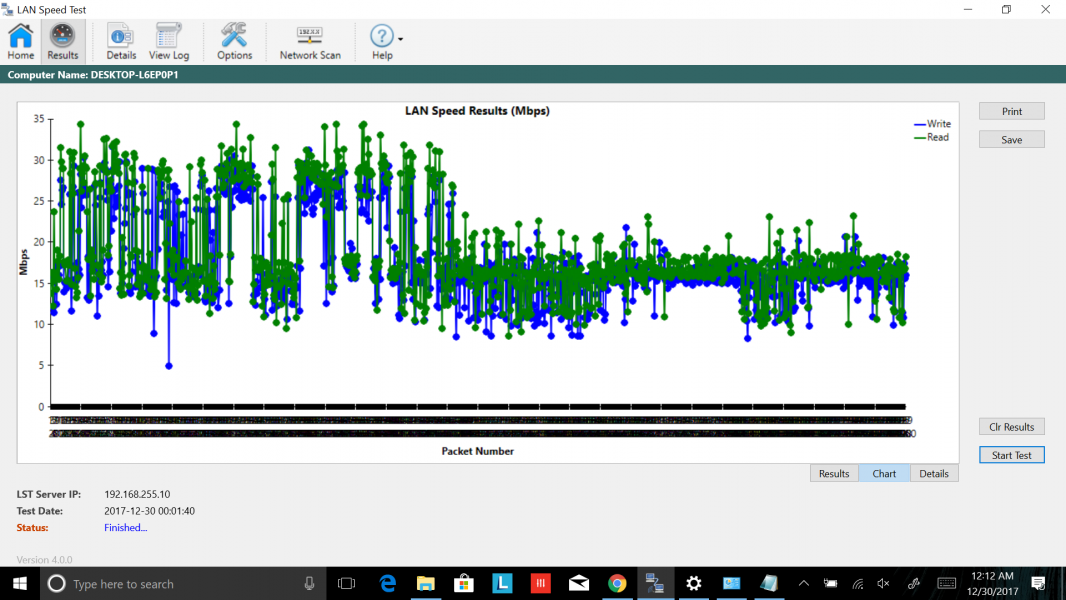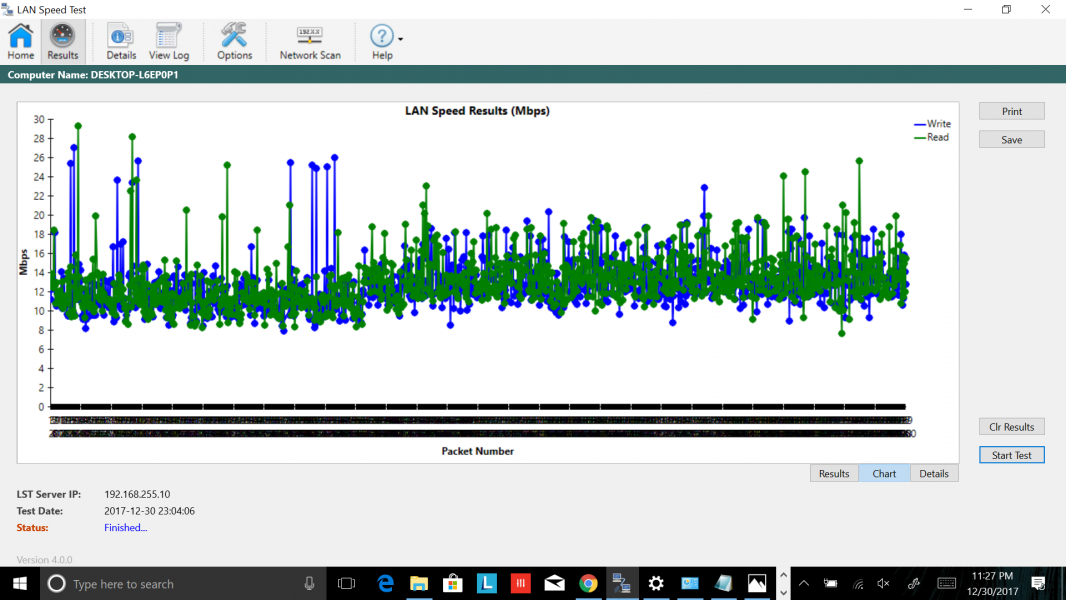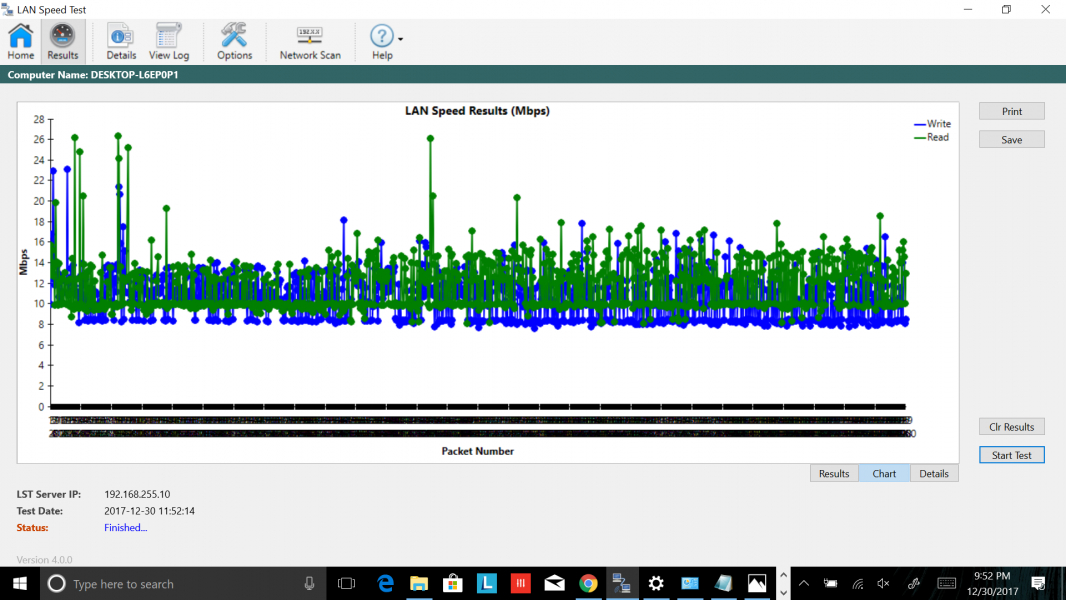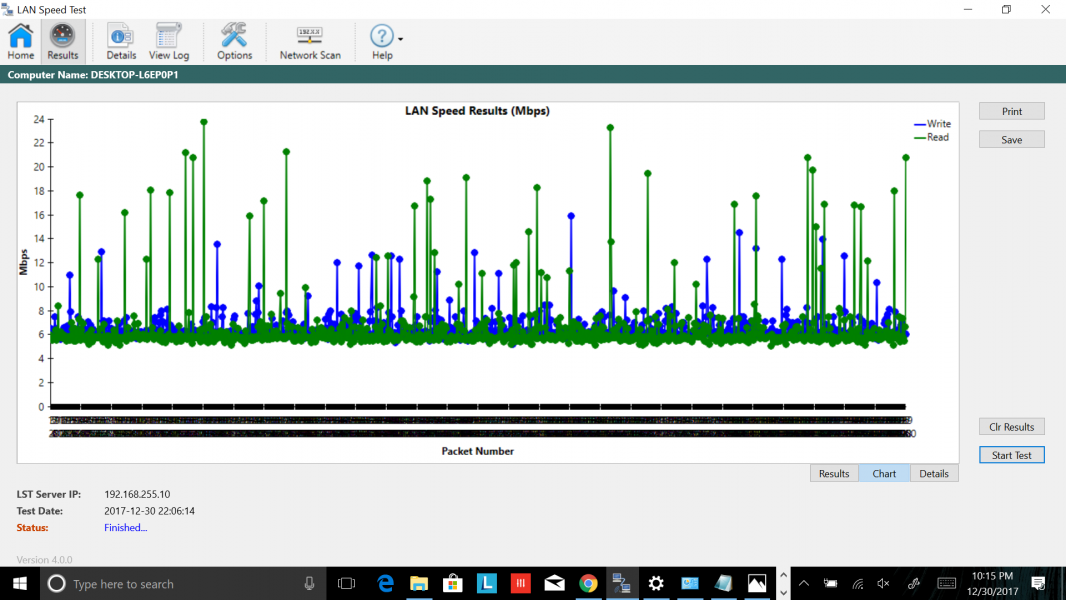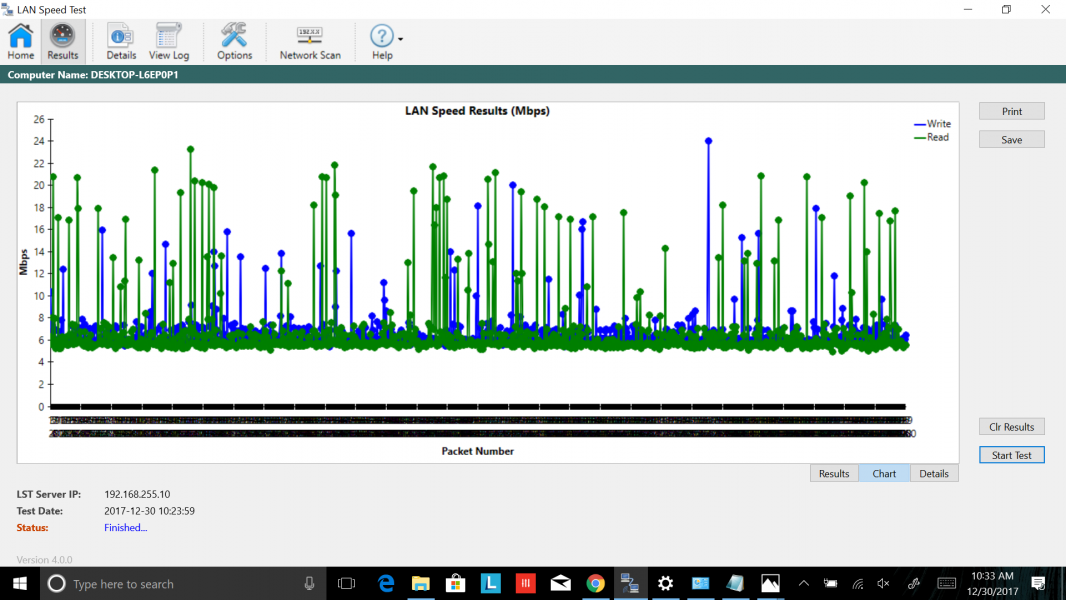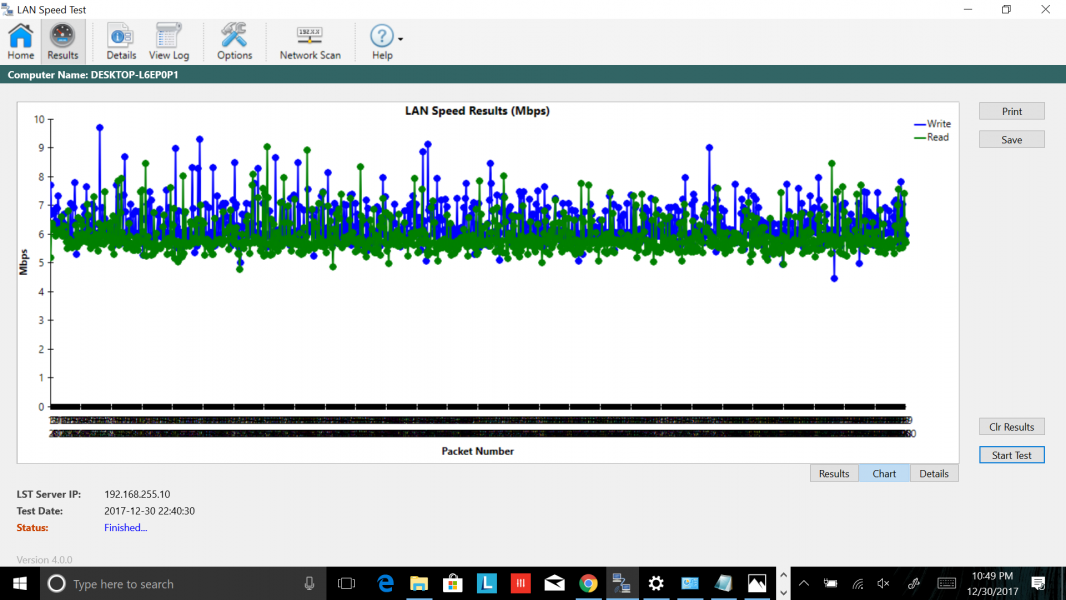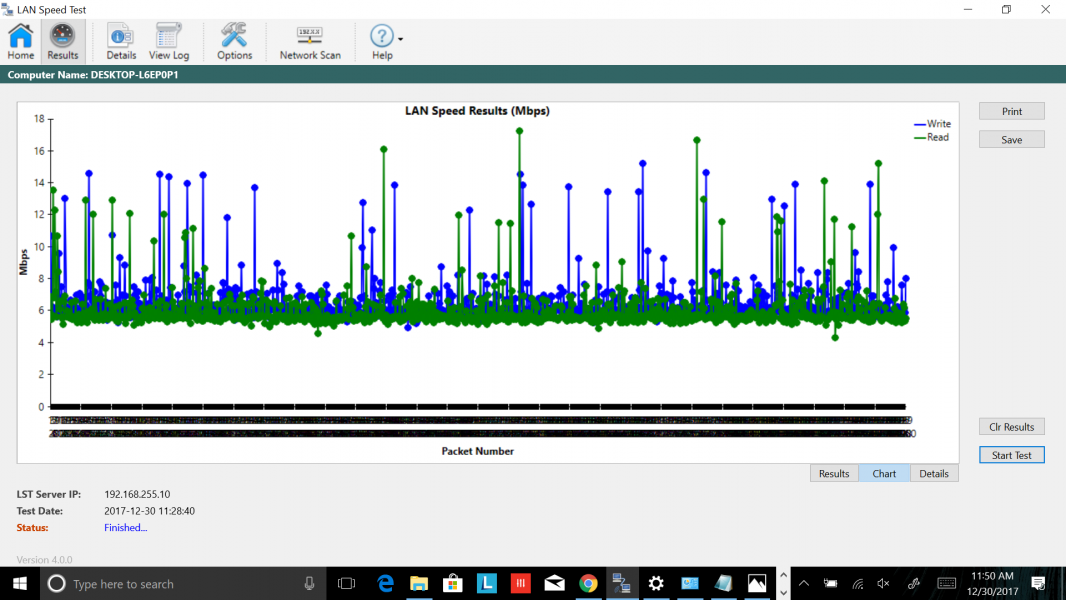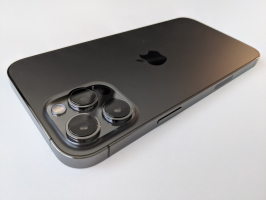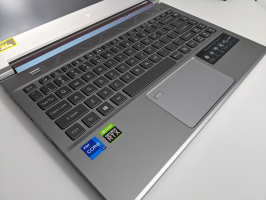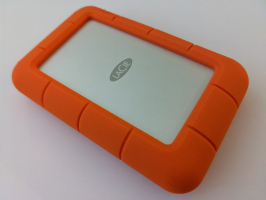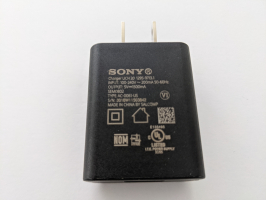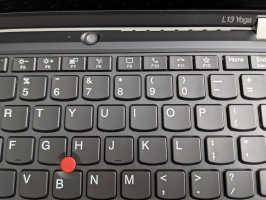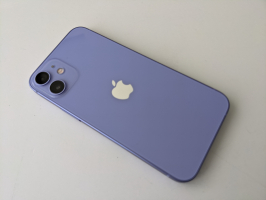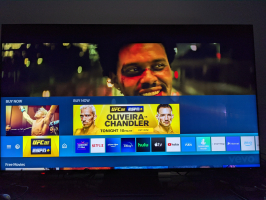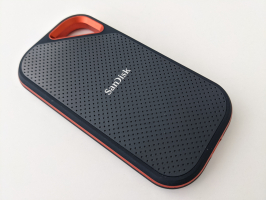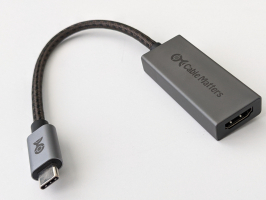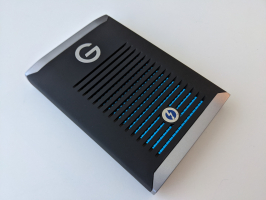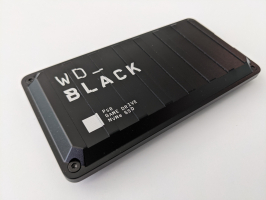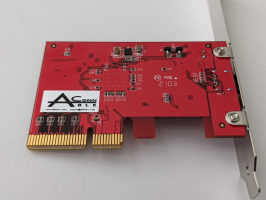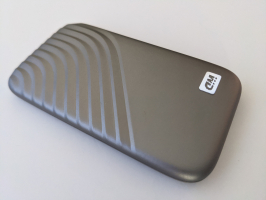With wired Ethernet based RJ-45 ports disappearing from many notebook computers and portable gaming consoles like the Nintendo Switch, there may be times where you need to connect to a wired Ethernet network instead of Wi-Fi.
Fortunately, most PC's and gaming consoles have USB ports, which means you should be able to use a USB to Ethernet adapter to connect to a Ethernet LAN cable.
There are basically three types of USB to Ethernet adapters in the market.
You can find older USB to Ethernet adapters that are USB 2.0 (480 Mb/s) to 10/100 (100 Mb/s) Ethernet based and use chipsets such as the Realtek RTL8152 and ASIX AX88772. We specially look at three USB 2.0 to Fast Ethernet (100 Mb/s) adapters here: Smays USB to Ethernet Adapter, Plugable USB 2.0 to 10/100Mbps Ethernet Adapter (Model USB2-E100), and StarTech Compact Black USB 2.0 to 10/100 Mbps Ethernet Network Adapter (Model USB2106S)
Before USB 3.1 Gen 1 (5 Gb/s) became popular, you could also find USB 2.0 (480 Mb/s) to 10/100/1000 (1 Gb/s) using chipsets like the SMSC LAN7500 which is now part of Microchip. There are not many products available in this USB 2.0 to Gigabit Ethernet category, so we will just review the StarTech USB 2.0 to Gigabit Ethernet Network Adapter.
The latest generation ones are USB 3.1 Gen 1 (5 Gb/s) to 10/100/1000 (1 Gb/s) using the ASIX AX88179 or Realtek RTL8153. In this category, we cover the Moshi USB-C to Gigabit Ethernet Adapter, UGREEN USB 3.0 to 10/100/1000 Mbps Ethernet Network Adapter and Startech USB 3.0 to Gigabit Ethernet Adapter.
To see how these adapters compare to each other, we compare their download/upload (read/write) performance using the LAN Speed Test software from Totusoft. We use a Lenovo Yoga 920 (2-in-1) PC as a client with LAN Speed Test software installed and the Lenovo IdeaPad 320 PC as the LAN Speed Test server and determine how quickly the client can send/receive 1000 Ethernet packets with varied packet sizes from the server. We use a 3 ft Ethernet cable directly connected between the USB Ethernet adapter connected to the USB port of the Yoga 920 (2-in-1) and the native Gigabit Ethernet port on the IdeaPad 320. All default Ethernet settings are used other than manually setting the IP addresses of the client and server Ethernet adapters in Windows.
Note that test results are very dependent on the computer you run the client/server software on so these results are only meant to be used to compare the performance of the Ethernet adapters relative to each other in the same environment. The actual Ethernet performance on your computer can be quite different from these results.
If general, if you are using your USB to Ethernet adapter for gaming and streaming applications, it's worth the small investment to pay the higher prices for USB 3.0 to Gigabit Ethernet adapters over other USB 2.0 to Fast Ethernet options.
The bar chart gives an overall view of how each individual product fares against each other in terms of averaged upload/download rates.
From this observation, the Moshi USB-C to Gigabit Ethernet Adapter appears to display the fastest 17.4 / 16.4 Mb/s read/write performance on average followed by the UGREEN USB 3.0 to 10/100/1000 Mbps Ethernet Network Adapter (at 12.5 / 12.1 Mb/s) and Startech USB 3.0 to Gigabit Ethernet Adapter (Model USB31000SA) (at 11.3 / 10.2 Mb/s), all of which are USB 3.1 Gen 1 and 10/100/1000 based. This comes as expected given their higher supported spec bandwidth over the USB 2.0 to 10/100 USB Ethernet adapter models.
We can also see almost similar performance by the Plugable USB 2.0 to 10/100Mbps Ethernet Adapter (Model USB2-E100), StarTech Compact Black USB 2.0 to 10/100 Mbps Ethernet Network Adapter (Model USB2106S), and StarTech USB 2.0 to Gigabit Ethernet Network Adapter, while the Smays USB to Ethernet Adapter has the lowest rate of 5.9 / 6.2 Mb/s (read/write).
The higher end USB 3.1 Gen 1 to Gigabit Ethernet adapters provide 1.5 to 2.5 times the performance of their USB 2.0 based counterparts. The USB 2.0 to Gigabit adapter doesn't seem to provide any performance improvements over the USB 2.0 to Fast Ethernet adapters.
Also, don't expect that going from USB 2.0 to USB 3.1 Gen 1 (10X increase in link speed) and going from Fast Ethernet to Gigabit Ethernet (10X increase in link speed) will generate 10X increase in networking performance. Given all the other bottlenecks in the system, instead of a 10X increase, the 1.5 to 2.5X increase makes sense. If your application is only sending small packets, you may see even less of a performance improvement.
Let's now take a closer look at the test results obtained for each of these products, which we have separated into three USB to Ethernet adapter groups below.
USB 3.0 to Gigabit Ethernet Adapters
We can see in the following table the upload/download test results for the USB 3.0 to Gigabit Ethernet adapter group comprising the Moshi USB-C to Gigabit Ethernet Adapter, UGREEN USB 3.0 to 10/100/1000 Mbps Ethernet Network Adapter and Startech USB 3.0 to Gigabit Ethernet Adapter.
| USB 3.0 to Gigabit Ethernet Adapter | IC Chip | USB Speed | Ethernet Speed | Up/Download, Mb/s (Average) |
Up/Download, Mb/s (Maximum)
| Up/Download, Mb/s (Minimum) |
|---|---|---|---|---|---|---|
| Moshi USB-C to Gigabit Ethernet Adapter | Realtek GigE with SS Hub | USB 3.0 | 10/100/1000 | 16.4 / 17.4 | 31.6 / 34.4 | 4.9 / 8.6 |
| UGREEN USB 3.0 to 10/100/1000 Mbps Ethernet Network Adapter | ASIX AX88179 | USB 3.0 | 10/100/1000 | 12.2 / 12.5 |
27.1 / 29.3
| 8.0 / 7.6 |
| Startech USB 3.0 to Gigabit Ethernet Adapter (Model USB31000SA) | Realtek RTL8153 | USB 3.0 | 10/100/1000 | 10.2 / 11.3 | 23.2 / 26.4 | 7.6 / 8.1 |
Using the following graphs, we can further observe the read/write performance over 1000 packets as tested for each product.
Starting with the Moshi USB-C to Gigabit Ethernet Adapter, the initial test run shows fluctuating read/write speeds with the highest read performance reaching nearly 35 Mb/s and lowest write performance at below 5 Mb/s. Halfway through testing, read/write performance is at a more stable rate to happen mostly at 10-20 Mb/s. Overall, the Moshi adapter scores the highest in read/write performance with a faster read than write capability.
Next, we can see that the UGREEN USB 3.0 to 10/100/1000 Mbps Ethernet Network Adapter displays a more consistent performance throughout the test with random read/write peaks. The highest read performance is recorded at just below 30 Mb/s while the fastest write speed achieved is around 27 Mb/s during initial testing. Most of the read/write activity occurs within 8-18 Mb/s rates and at almost the same speeds.
A stable read/write performance is also seen from the StarTech USB 3.0 to Gigabit Ethernet Adapter (Model USB31000SA) where a few highest peaks happen at the starting point including the highest read and write speeds at around 26 Mb/s and 23 Mb/s respectively. Like Moshi, the StarTech adapter also has a better read than write performance but are the lowest in this USB 3.0 to Gigabit Ethernet adapter group.
USB 2.0 to 10/100 Ethernet Adapters
For the Smays USB to Ethernet Adapter, Plugable USB 2.0 to 10/100Mbps Ethernet Adapter (Model USB2-E100) and StarTech Compact Black USB 2.0 to 10/100 Mbps Ethernet Network Adapter (Model USB2106S) that fall under the USB 2.0 to 10/100 Ethernet adapter category, their upload/download test results are shown below.
| USB to Ethernet Adapter | IC Chip | USB Speed | Ethernet Speed | Up/Download, Mb/s (Average) |
Up/Download, Mb/s (Maximum)
| Up/Download, Mb/s (Minimum) |
|---|---|---|---|---|---|---|
| Smays USB to Ethernet Adapter | Realtek RTL8152 | USB 2.0 | 10/100 | 6.2 / 5.9 | 9.7 / 9.0 | 4.5 / 4.8 |
| Plugable USB 2.0 to 10/100Mbps Ethernet Adapter (Model USB2-E100) | ASIX AX88772 | USB 2.0 | 10/100 | 6.4 / 6.1 | 15.9 / 23.8 | 5.2 / 5.1 |
StarTech Compact Black USB 2.0 to 10/100 Mbps Ethernet Network Adapter (Model USB2106S)
| ASIX/MosChip - MCS7830 | USB 2.0 | 10/100 | 6.3 / 6.2 | 24.0 / 23.3 | 5.4 / 5.0 |
Observing the read/write performance over 1000 packets, the Plugable USB 2.0 to 10/100Mbps Ethernet Adapter (Model USB2-E100), StarTech Compact Black USB 2.0 to 10/100 Mbps Ethernet Network Adapter (Model USB2106S) and Smays USB to Ethernet Adapter each similarly shows read/write levels averaging out to mostly about 6 Mb/s.
The Plugable USB 2.0 to 10/100Mbps Ethernet Adapter (Model USB2-E100) displays an increase in max download speed of about 7.9 Mb/s over its max upload speed.
The StarTech Compact Black USB 2.0 to 10/100 Mbps Ethernet Network Adapter (Model USB2106S) is able to record write performance of up to 24.0 Mb/s which is the highest compared to both Plugable and Smays.
Reaching only at most 9.0 / 9.7 Mb/s, the Smays USB to Ethernet Adapter has a significantly slower read/write performance among the rest.
USB 2.0 to Gigabit Ethernet Adapter
Lastly, the StarTech USB 2.0 to Gigabit Ethernet Network Adapter, a USB 2.0 to 10/100/1000 Ethernet adapter type, has been tested for upload/download performance as below.
| USB to Ethernet Adapter | IC Chip | USB Speed | Ethernet Speed | Up/Download, Mb/s (Average) |
Up/Download, Mb/s (Maximum)
| Up/Download, Mb/s (Minimum) |
|---|---|---|---|---|---|---|
| StarTech USB 2.0 to Gigabit Ethernet Network Adapter | Microchip/SMSC LAN7500 | USB 2.0 | 10/100/1000 | 6.3 / 5.9 | 15.2 / 17.3 | 4.9 / 4.3 |
The StarTech USB 2.0 to Gigabit Ethernet Network Adapter generates an average read/write speed at around 6 Mb/s which is also similar with the above USB 2.0 to 10/100 Ethernet adapter group. More surprisingly, while it supports up to 1 Gb/s Ethernet speeds, the StarTech USB 2.0 to Gigabit Ethernet Network Adapter doesn't seem to provide any faster read/write than the Plugable USB 2.0 to 10/100Mbps Ethernet Adapter (Model USB2-E100) or StarTech Compact Black USB 2.0 to 10/100 Mbps Ethernet Network Adapter (Model USB2106S) which uses lower 100 MB/s Ethernet speeds.
 GTrusted
GTrusted

